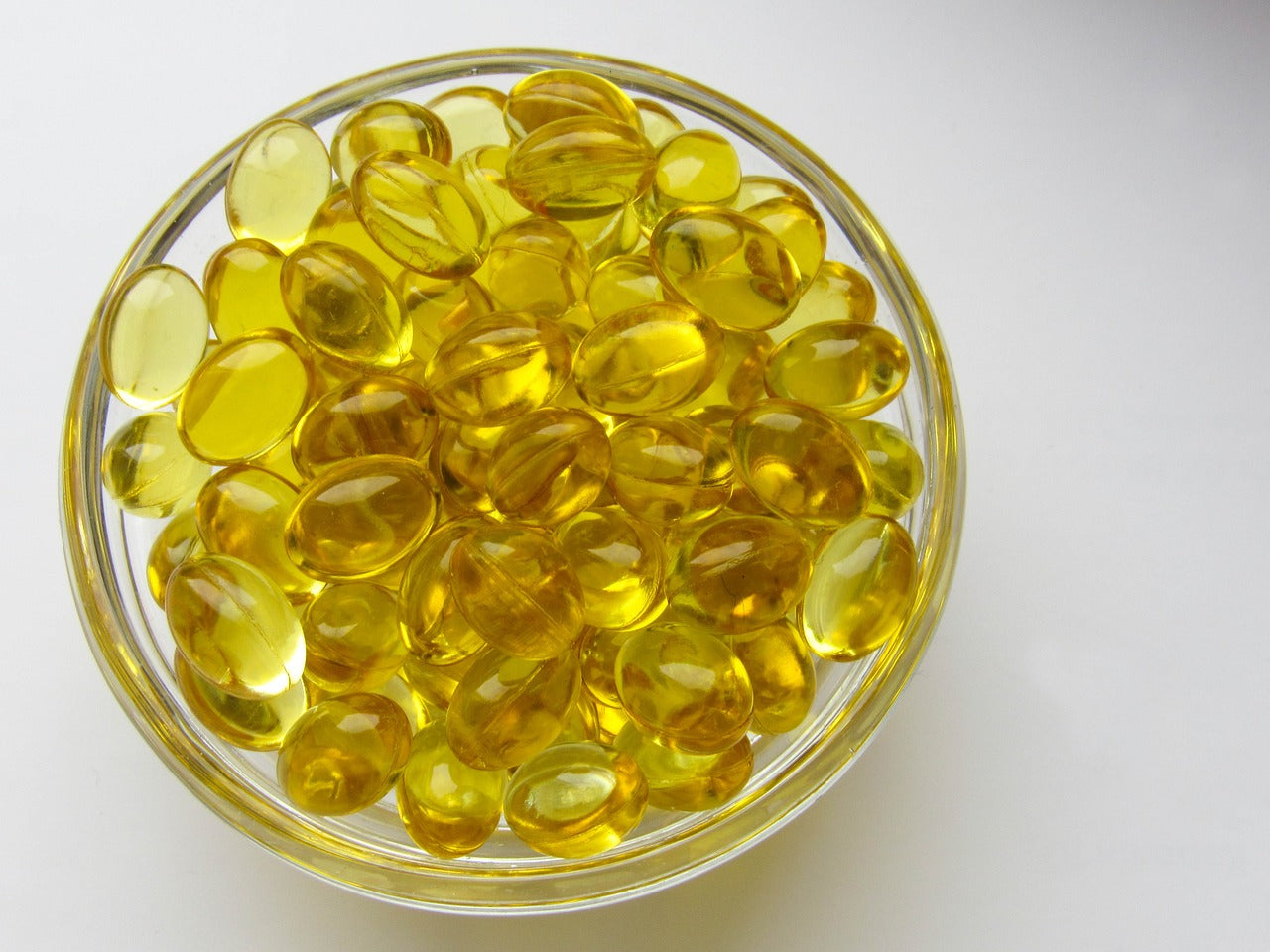
The Harmful Conditions Vitamin D Has Been Shown To Help Fight
Vitamin D has been the subject of quite a bit of research lately, and for good reason.
A few of the known positive attributes associated with vitamin D are:
- Building and maintaining healthy bones
- Increasing immune function
- Helping improve cardiovascular health
- Maintaining blood sugar levels
Now you can add another to the list.
According to a UCSD study, vitamin D can conclusively help increase immunity.
Researchers at the University of California-San Diego (UCSD) School of Medicine announced in the journal PLOS One when a person had higher blood levels of vitamin D, it helped increase immunity.
They also observed the inverse to be true; when a person had lower blood levels of vitamin D, it correlated into a poor immune health.
Though this has been suspected within the medical community, this was the first time any amount of quantitative data could establish the association.
"We have quantitated the ability of adequate amounts of vitamin D to boost the immune system, which had been terra incognita (unknown territory) until publication of this paper."
Here's the thing - even among physicians, we're unclear what a baseline for recommended levels of vitamin D should be.
But seeing what they found, we know people need to be getting more over less!
Here's What Researchers Determined After Studying 2,304 Subjects
While their research didn't establish a baseline for a recommended amount, what it did do was indicate with stunning clarity just how powerful higher vitamin D levels in the blood could boost the immune system.They took the results from two previous studies to determine exactly how it worked.
By scrutinizing data from a clinical trial of 1,169 women and analyzing a prospective study of 1,135 women, they compared each study individually and also blended them for one large data pool.
That's when they found if a subject had more than 40ng/ml of vitamin D in their blood, their risk for developing cancer was 67% less than those who had less than 40ng/ml.
As Medical News Today writes:
The researchers found that the rate of cancer incidence in the clinical study group (that had the lower median vitamin D level) was higher than in the prospective study group. The figures were 1,020 cases per 100,000 person-years and 722 per 100,000 person-years, respectively.They also found that cancer rates went down as 25-hydroxy vitamin D levels rose; women whose vitamin D level was 40 ng/ml or higher had a 67% lower risk.
The researchers did not say whether it was more beneficial to get vitamin D from diet or from supplementation.
Regardless of the source, it's quite clear the necessity to have enough vitamin D in the blood stream is more important than where you get it.
You can determine the amount of vitamin D in your blood levels by having a physician take a simple blood test.
Talk soon,
Dr. Wiggy
www.HealthAsItOughtToBe.com



